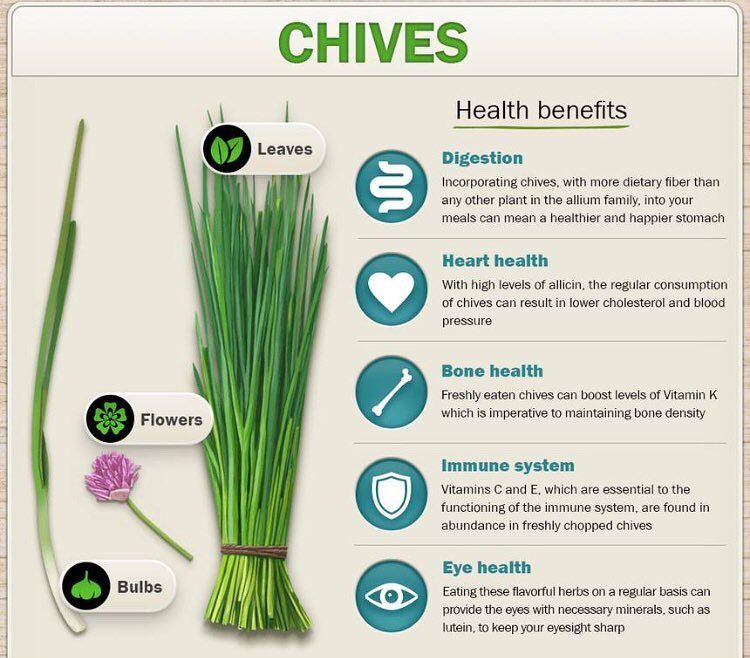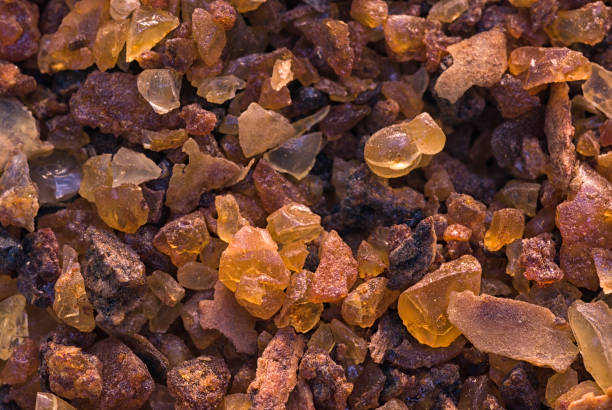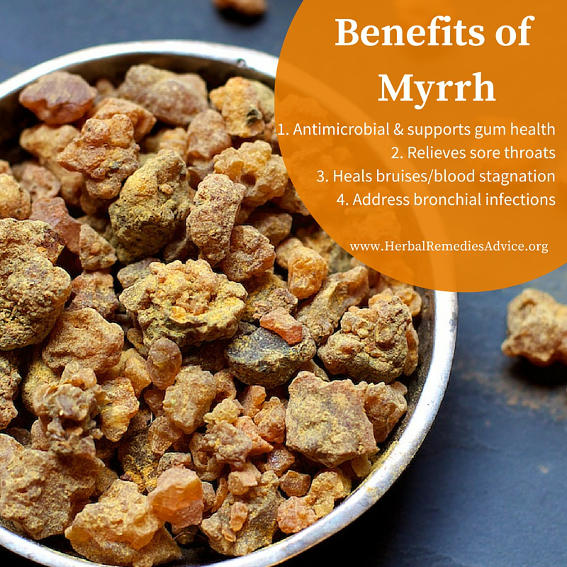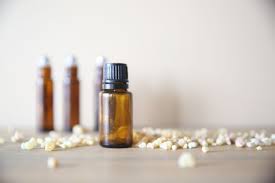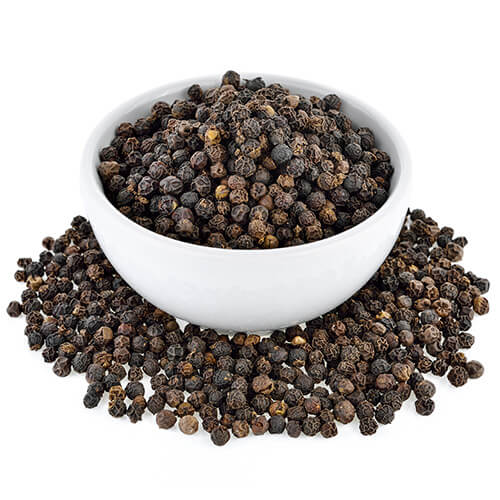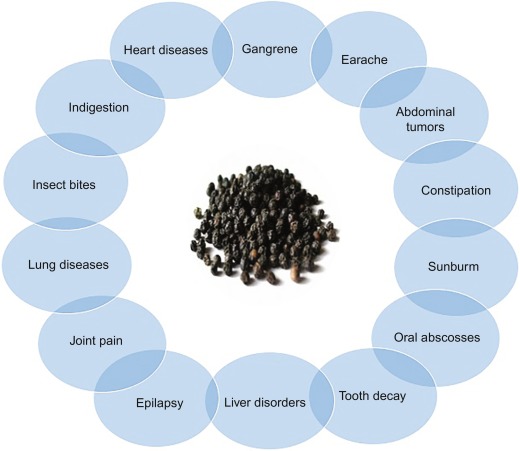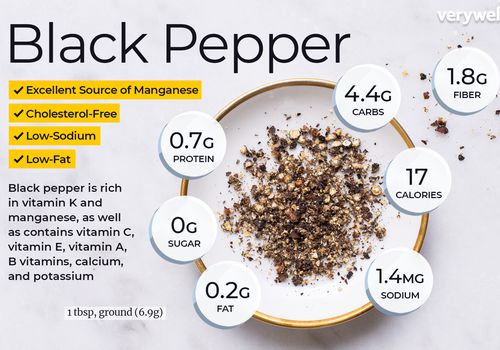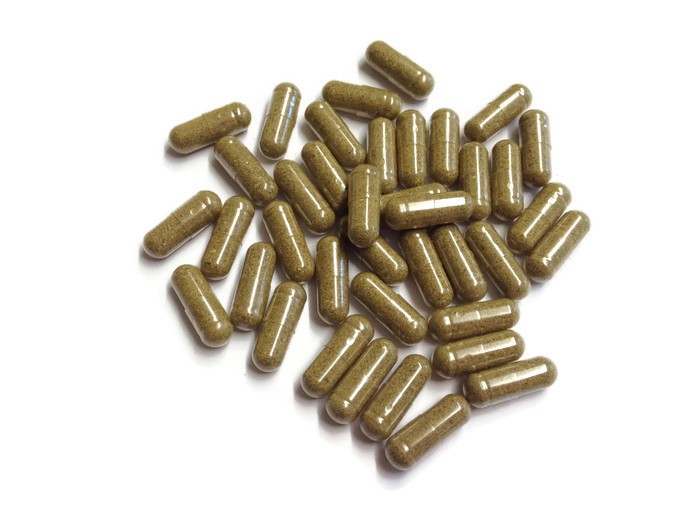Top nutritional benefits of consuming fennel.
Fennel
What is Fennel and its use?

Fennel, scientifically known as Foeniculum vulgare, is a perennial herb that belongs to a carrot family of plants called Apiaceae. It is grown for its leaves, edible shoots, and seeds and is native to the Mediterranean region. This plant is native to Asia minor and southern Europe and is considered as an invasive species of plant in Australia and several parts of the United States. There are two types of fennel avai;ab;e in the nature namely:
- Foeniculum vulgare
- Florence fennel or Finocchio
All the parts of the plant available are used as a flavoring agent in a number of foods, candies, liquor, etc. The seeds and extracts such as oil, are used in scenting soaps and perfumes. The cultivated plant grows about 1 meter from the ground level and has a stem consisting of a number of linear and awl shaped segments.
People often include Fennel into their daily diet due to its licorice-like flavor and several medical benefits in a human body. It is used as natural remedy to treat a number of medical conditions in human body such as:
- Intestinal gas
- loss of appetite
- URT infections
- Bronchitis
- Backache
- Visual problems
- heartburn
- bloating
- colic in infants
- cough
- cholera
- bedwetting
Benefits of using Fennel
In addition to its several features associated with flavoring and aromatic properties in a number of dishes, fennel consist of several essential health benefits that provides enough evidence for its wide medical application in a human body when taken in its any form that includes:
- improves bone health
- improves heart health
- maintains blood pressure
- Boosts immunity
- detoxifies cancer
- Digestion and regularity
- manages weight
- could increase iron absorption
- reduces postmenstrual symptoms
- improve metabolism
- might provide anti inflammatory properties
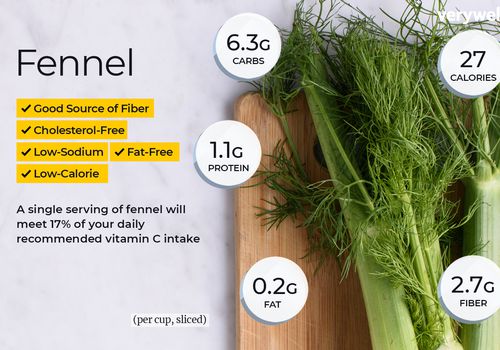
There might be several other benefits of Fennel apart from those mentioned above. Also, these benefits are obtained due to several residing vitamins and minerals extracted by human body from this substance such as:
Fennel Supplement
Fennel supplements are herbal medicines that are generally used to obtain several beneficial medical properties of natural Fennel. In addition to this, there are several high potential healing composites that provide supportive or additional medical properties along with bayberry.
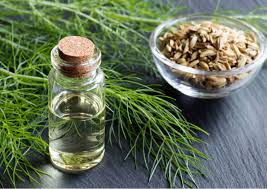
These herbal supplements are available in different forms such as pills, soft capsules, oil, etc. The dosage is based on an individual’s age, medical condition, diet, and other circumstances. It is advisable to consult a doctor before consuming such a supplement to avoid any kind of complication with the body’s health in future.
Funnel dose for Humans
Fennel is not a kind of mineral content that a human body needs daily to perform certain tasks which could only be pulled out by it. The dosage is based on an individual’s age, medical condition, diet, and other circumstances. People generally consume Fennel to treat several medical conditions or gain several medical properties.
There is no clinical evidence that specifically supports an appropriate amount of oral dosing of funnel in a human body. It is Generally advisable to consult a doctor or a health professional and follow their prescription if you are taking an additional fennel supplement for any reason. Generally, natural substances are considered safe but must be consumed under certain provisions as their safety is not assured.
REFERENCES:
- https://www.rxlist.com/fennel/supplements.htmhttps://www.webmd.com/vitamins/ai/ingredientmono-311/fennel
- https://www.sciencedirect.com/topics/agricultural-and-biological-sciences/fennel
- https://www.medicalnewstoday.com/articles/284096#benefits
- https://www.healthline.com/nutrition/fennel-and-fennel-seed-benefits#1.-Highly-nutritious
- https://addon.life/2021/06/02/for-which-cancer-type-should-i-avoid-fennel-supplement/
For more details, kindly visit below.


